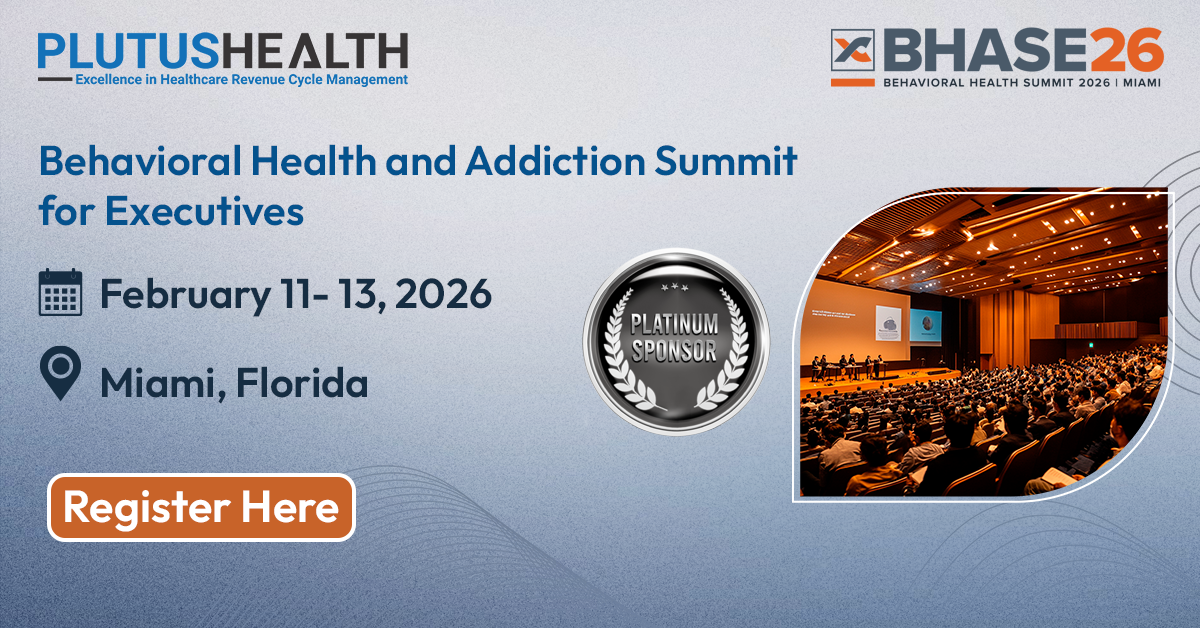How to maintain anesthesia revenue for your ASCs
Recent laws have discouraged revenue sharing between anesthesia providers and physician-owned Ambulatory Surgical Centers (ASC). The Office of the Inspector General cites the federal Anti-Kickback Statute (AKS) behind these laws.
These rules have impacted ASCs’ flow of revenue. However, there are legit ways in which ASCs can receive payments for anesthesia without breaking legal or contract constraints. If you’re looking for ways to maintain your anesthesia revenue, here are a few suggestions.
Understanding the Roadblocks of ASC Anesthesia
When starting an anesthesiology relationship, two laws are crucial to know. The AKS prohibits physicians from intentionally referring a patient for a service that is under federal coverage. The purpose of AKS is to keep money from interfering with what is best for a patient. As such, ensure your patient needs anesthesia and that your services offer a fair market value.
Stark Law is similar to AKS but with a few key differences. This statute only comes up when a physician makes a service referral. The referral has to be a “designated health service,” a term defined by Star Law. This definition includes a wide range of services like prescription drugs. Stark Law will only trigger if the referral entity accepts Medicare or Medicaid and has a financial relationship with the physician.
Because of its strict liability adherence, Stark Law employs regardless of your intentions. Good faith mistakes and malice are both punishable. Simple mistakes may cost you, like failing to provide proper documentation that your services reach a fair market value.
While these laws are excellent at preventing physicians from using patients for money, they have the unfortunate side effect of taking legitimate income from providers. Since Medicare and Medicaid cover some ASCs, they are subject to both these laws.
Qualified Staff Members
To find your best path forward, you need to understand the medical relationship between your ASC and the anesthesiologist. The most critical factor in determining your relationship is how much anesthetic you need.
If you frequently use anesthetics, consider employing an MD staff member who is qualified to administer the drug. These staff members require you to sign a contract and pay them a salary. However, you no longer need to worry about dealing with independent contractors. Larger ASCs looking to increase their profit margins often choose this option.
Even so, if your anesthesiologist is unavailable, you lack a quick backup option for surgeries. Also, during periods when surgeries are rare, your employee will be paid for doing nothing. Factors such as vacation coverage or ASC coding and billing are harder with an in-house worker.
Independent Contractors
If you don’t need a constant anesthesiologist on staff, consider hiring an independent contractor. There are two types of said contracts. A non-exclusive contract means you can hire multiple groups. This diversity gives more choice in terms of medical specialties and schedule flexibility. However, if your ASC handles urgent care, this option can cause problems. These contractors may not be readily available to treat your client.
Exclusive independent contractors lack the variety of heir non-exclusive counterparts. However, you may be able to negotiate a deal that is more consistent than non-exclusives. This reliability means your ASC won’t have to worry about lacking an anesthesiologist in an urgent situation.
Typically, these contracts have no compensation fee. Instead, the anesthesia company will receive all professional fees. This billing structure makes contracts ideal for centers that want to avoid violations of AKS and Stark Law.
New ASC Entity
The highest potential structure for profit is likely an ASC anesthesiologist pairing. This arrangement allows the anesthesia company to collect the money from a procedure and use it to pay professional and anesthesia fees. Any profits left over will go to the ASC. However, this system is the most susceptible to AKS and Stark Law violations. ASCs can get around AKS when they meet specific requirements. Applicants for acceptance will be required to prove why their situation is exceptional.
Outsource Your Billing & Coding
Whatever anesthesiology path you choose, a competent revenue cycle management company can help you maximize profits. With all the laws and regulations surrounding ASC, it’s advantageous to outsource your billing and coding to a company that understands the complexities and maximizes your reimbursements.
Plutus Health has extensive experience with the revenue cycle process and ensures optimal reimbursement for all ASC services. If you are struggling with coding, pre-billing audits and scrubbing, or deep EOB analysis, our expert team takes care to get the fastest reimbursement possible and increase your practice’s performance.
Key Takeaways
1. Understand what laws govern your organization.
2. Hire a permanent staff member if you administer a high number of anesthetics.
3. Use non-exclusive contracts to get access to a wide selection of options.
4. Employ exclusive contractors when you need consistency run by another organization.
5. Create a new anesthesia entity for a high-risk, high-reward venture.


.png)
















































